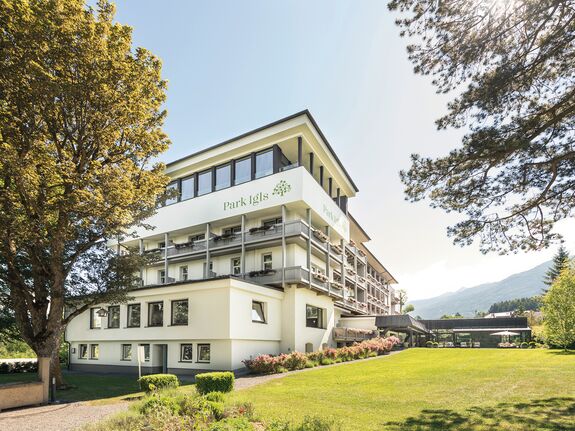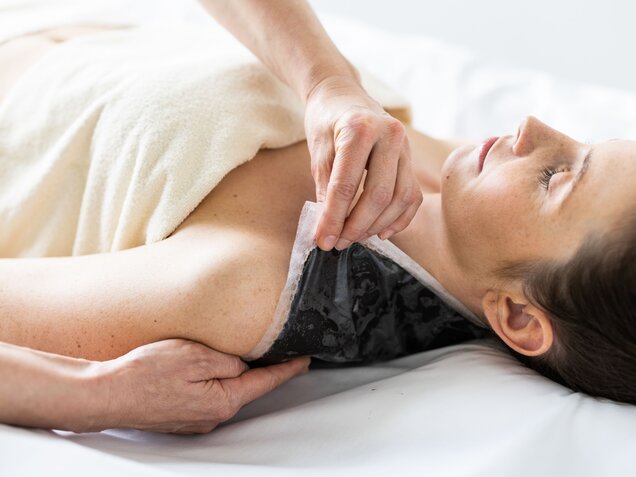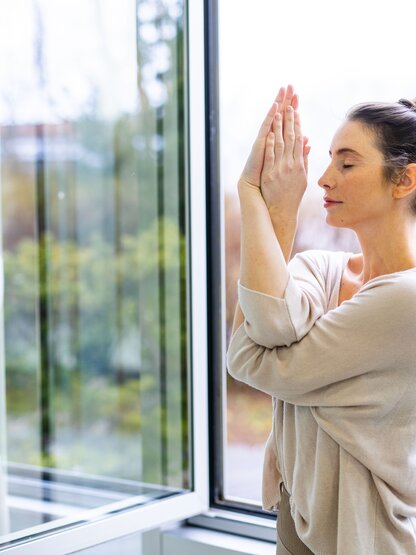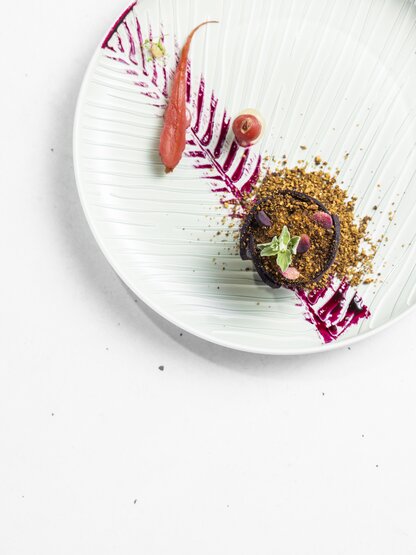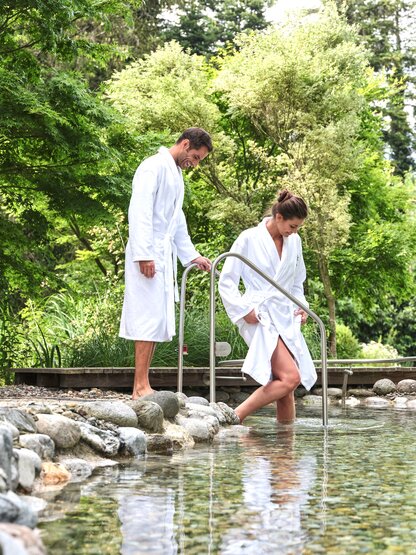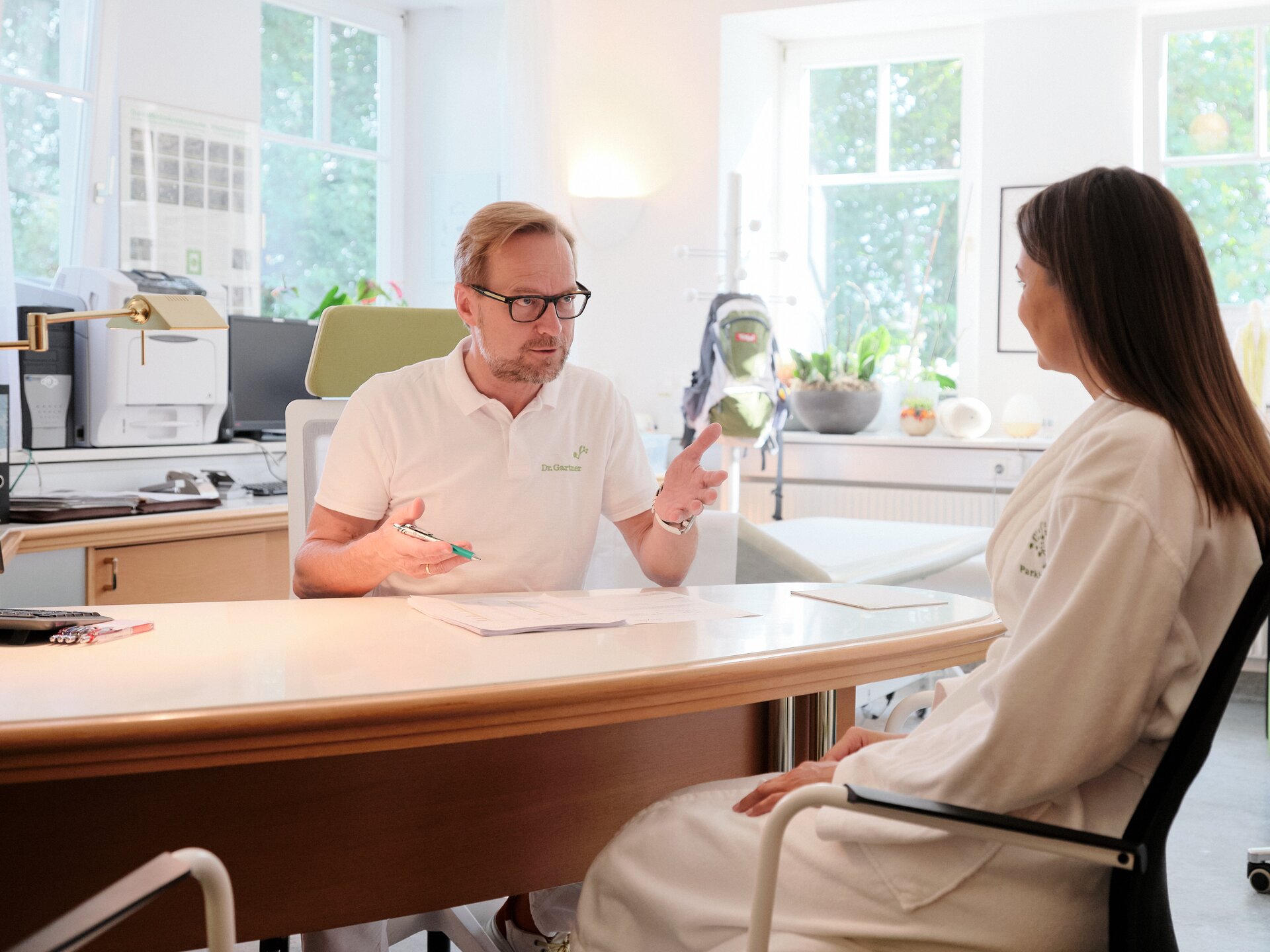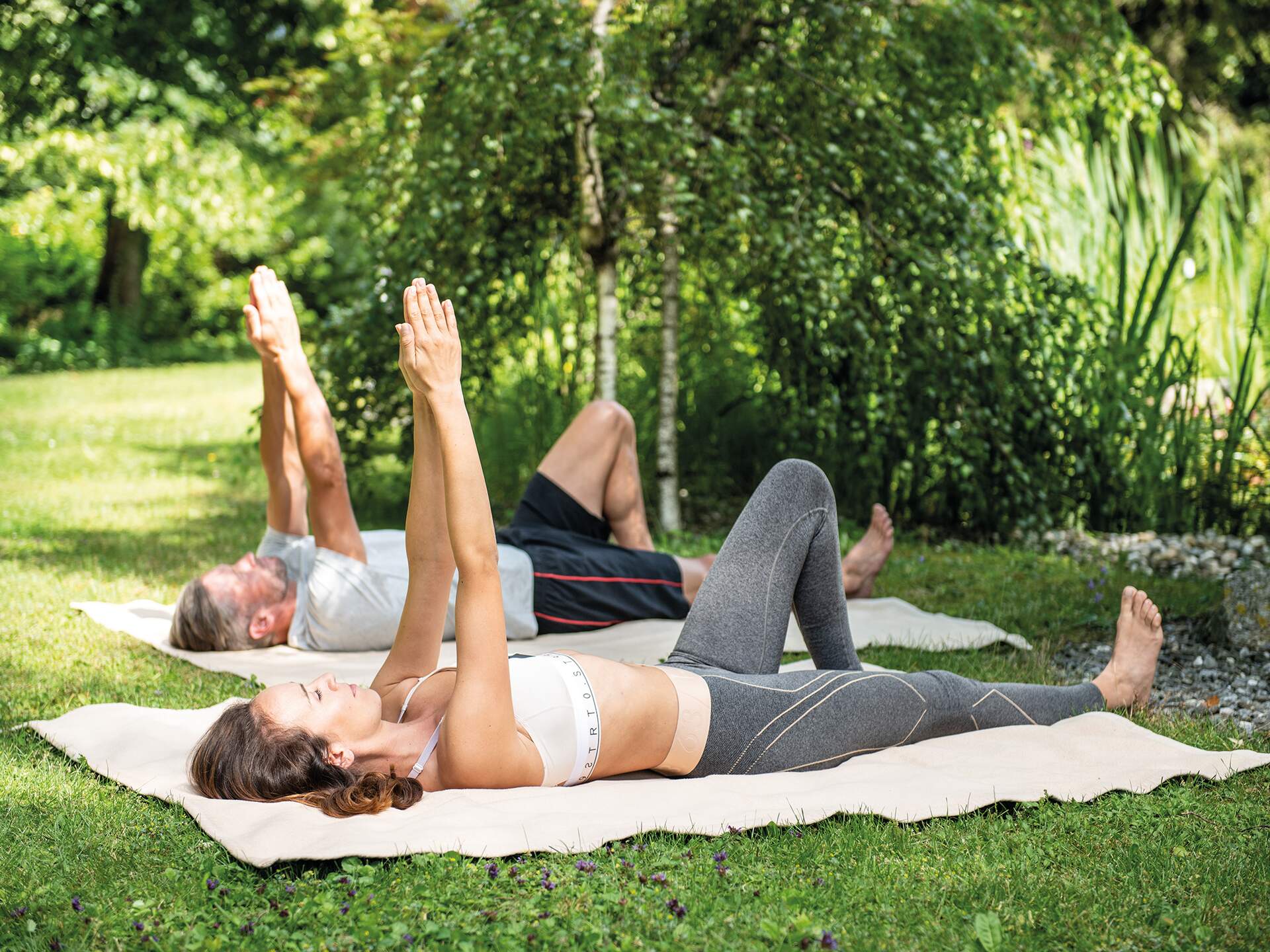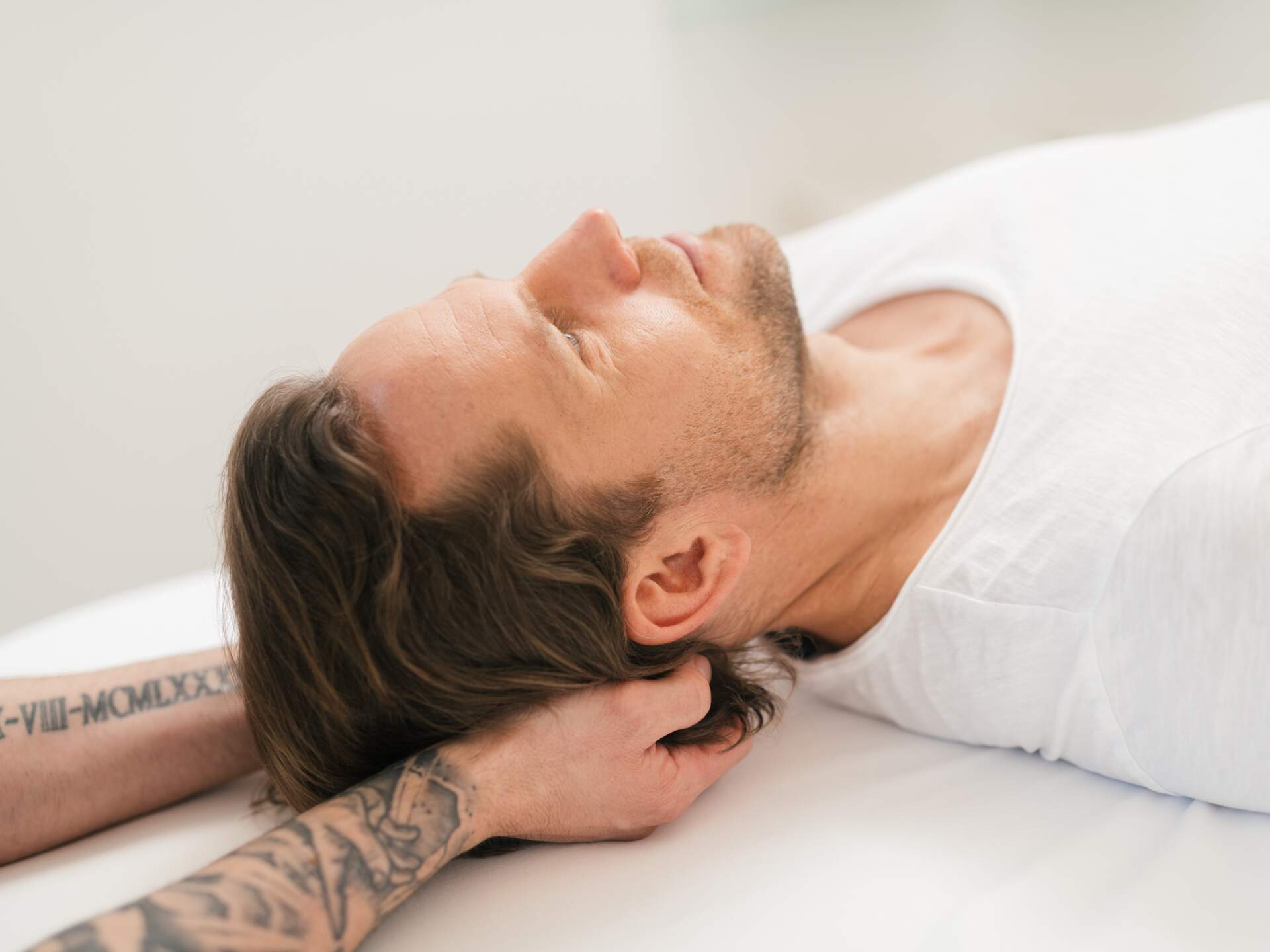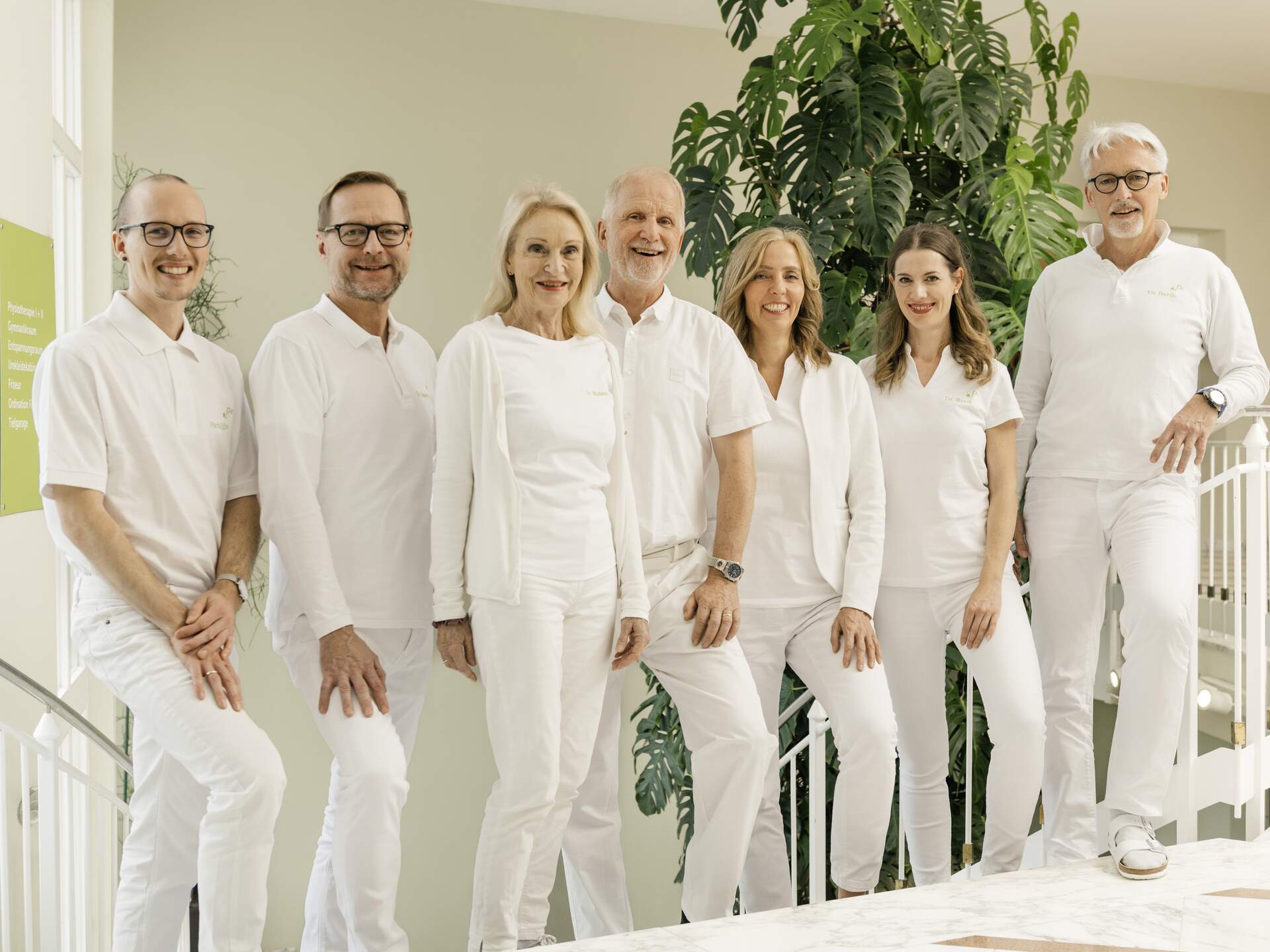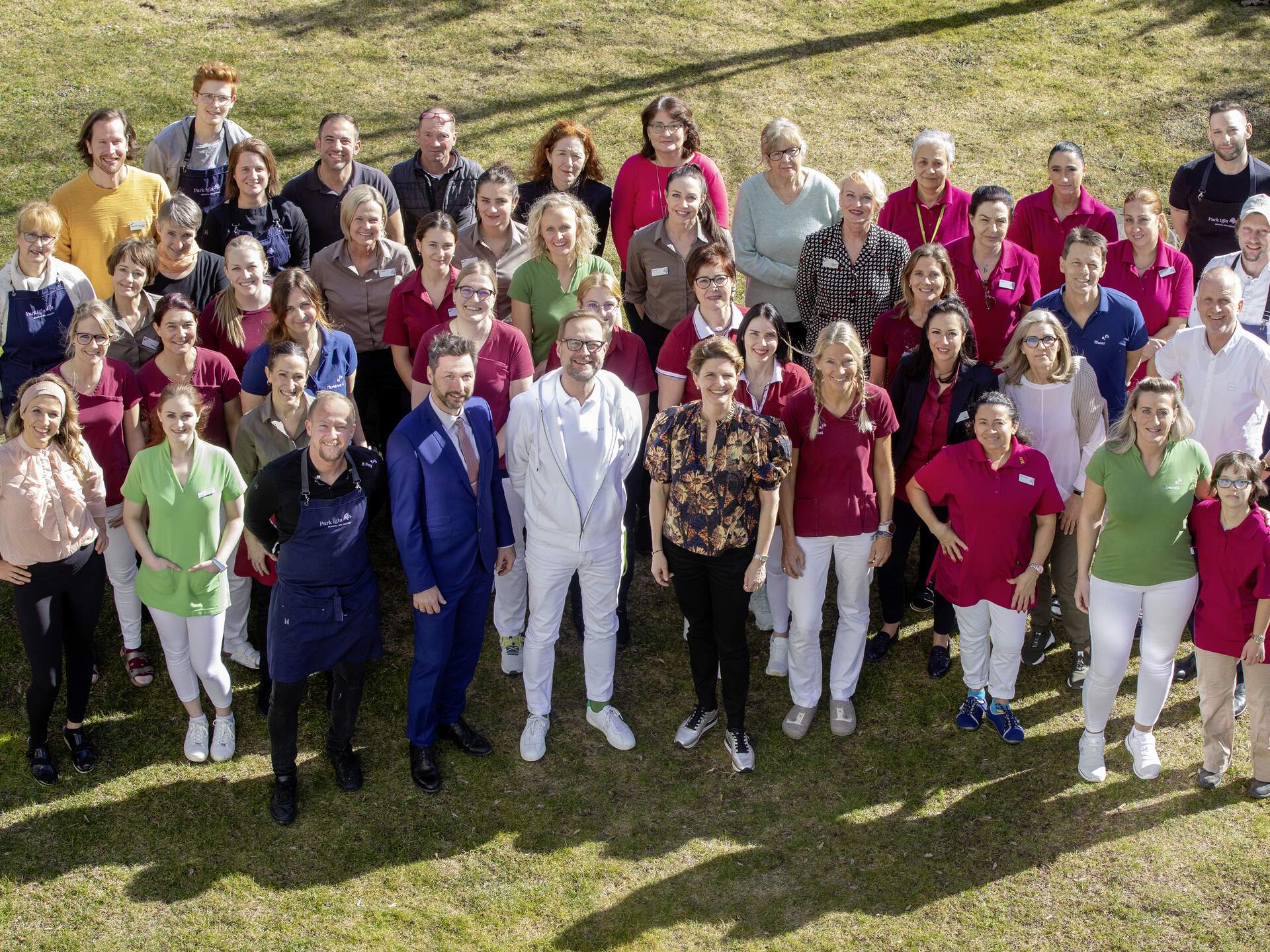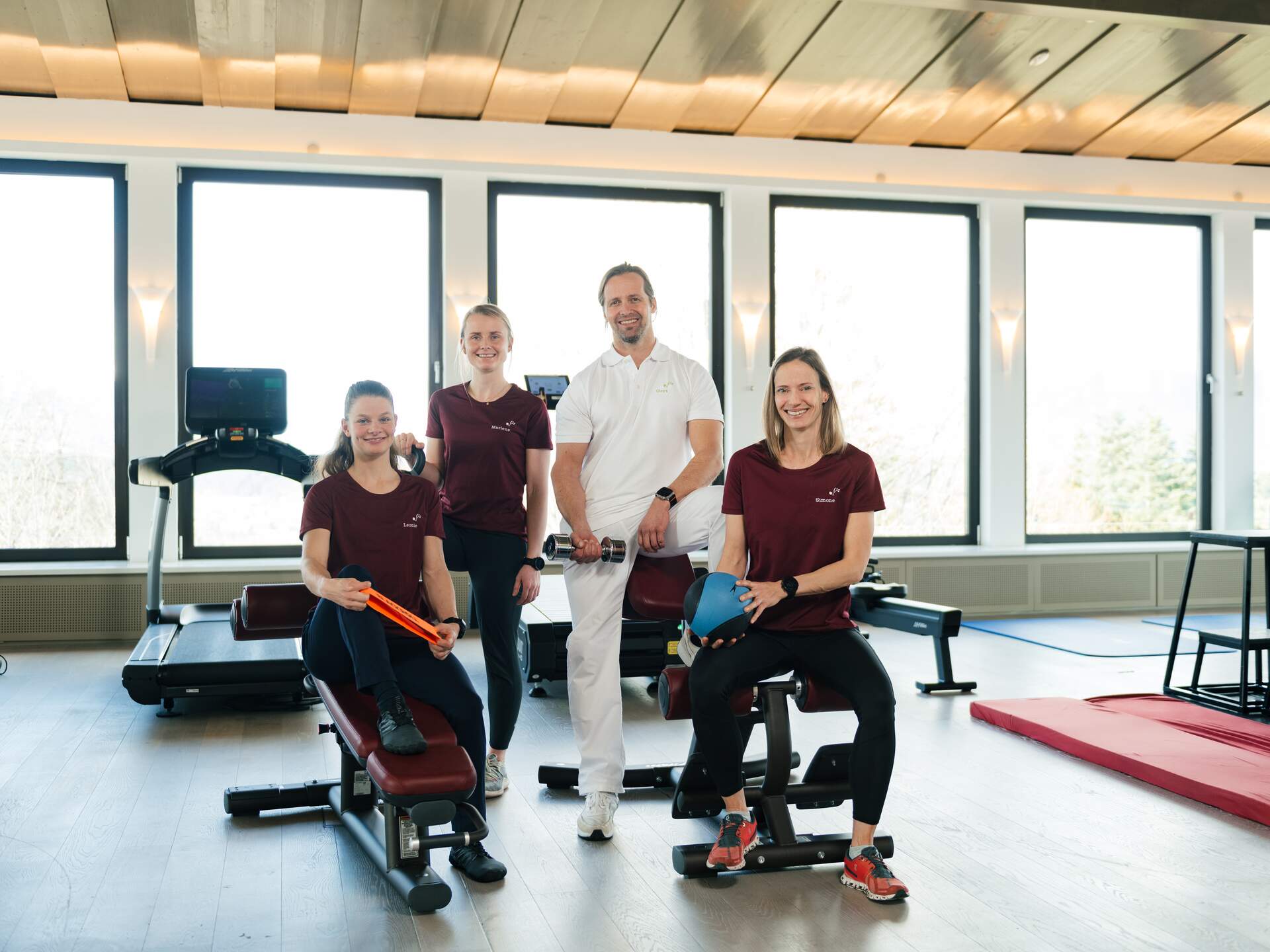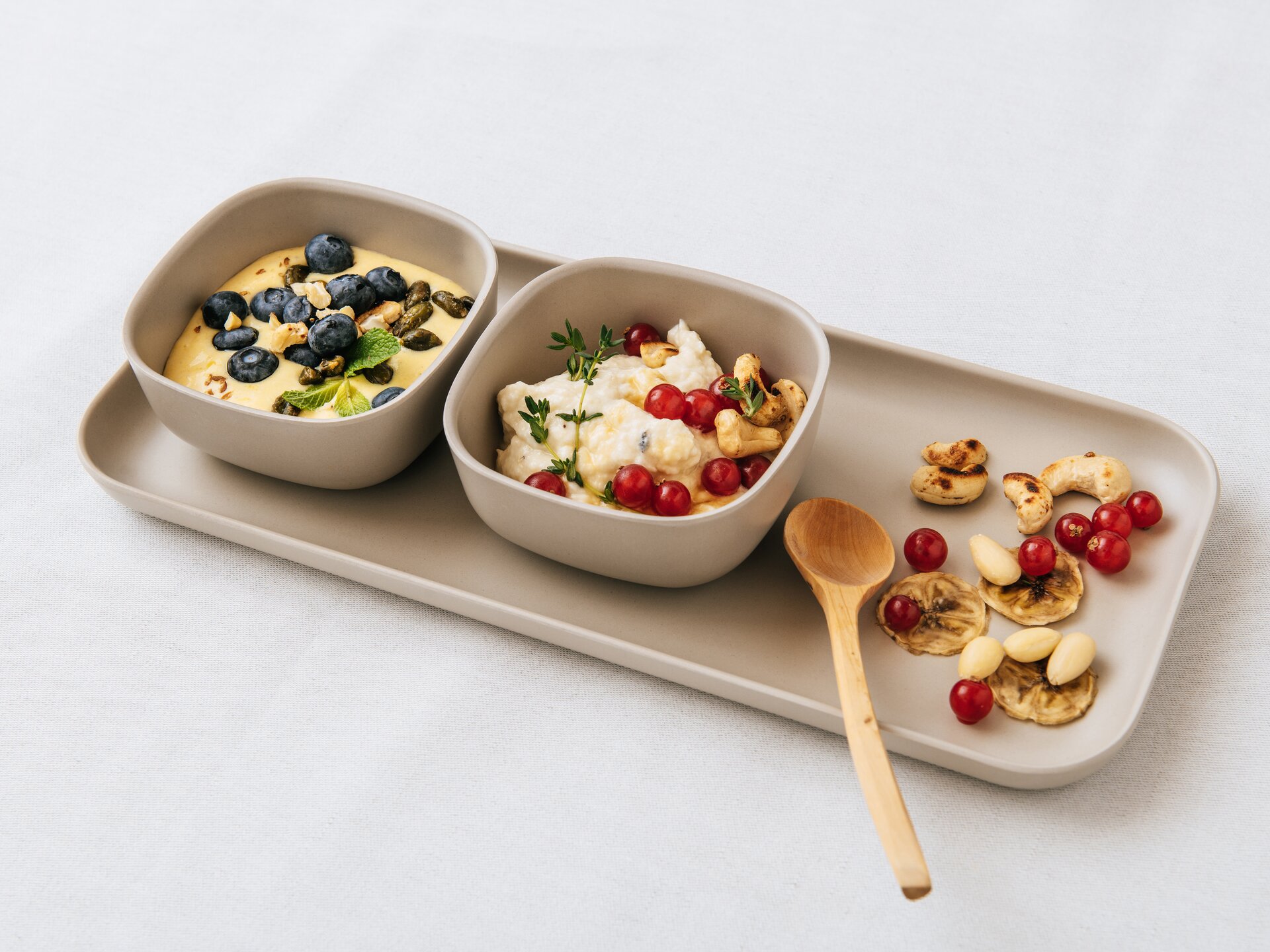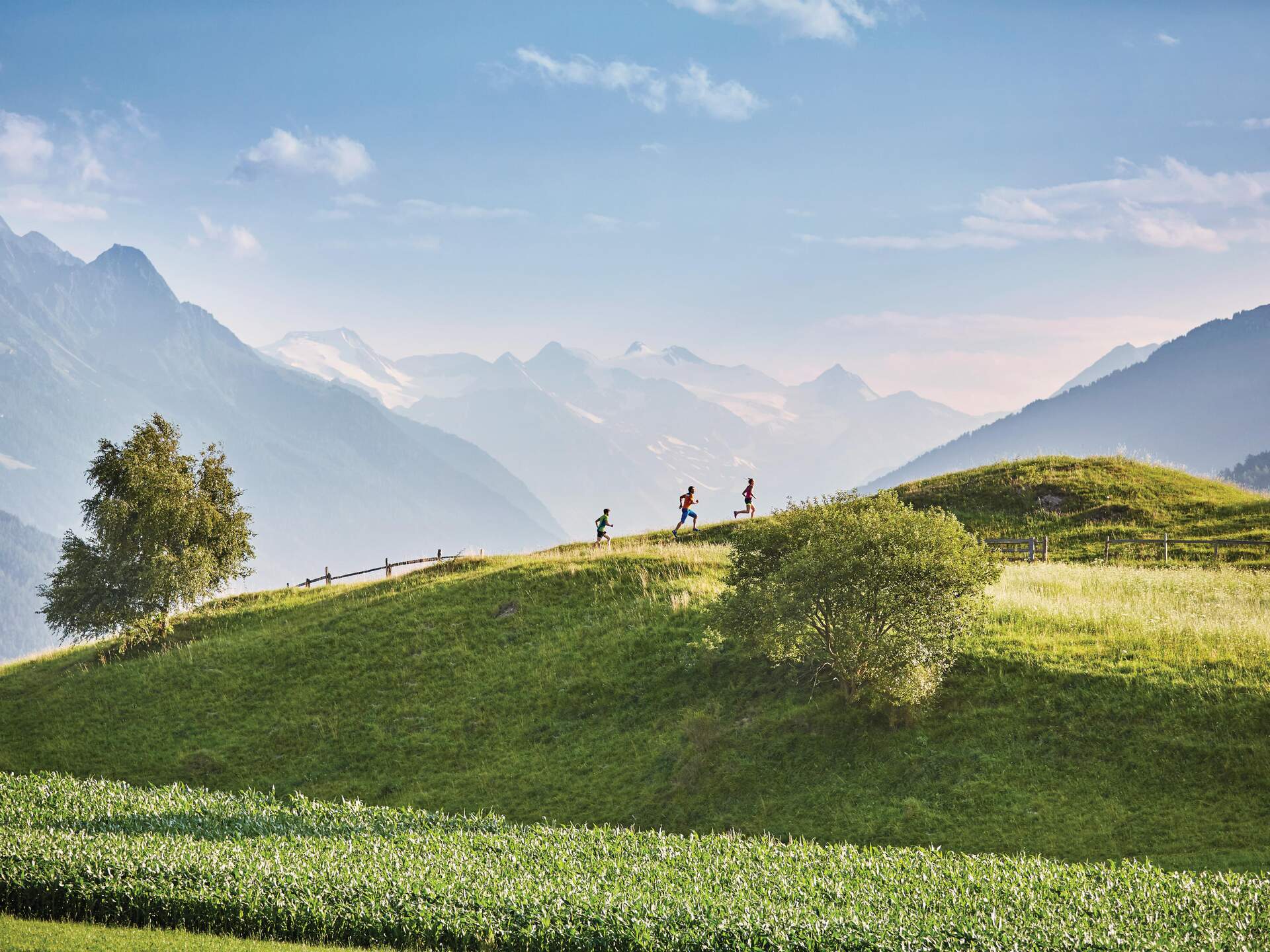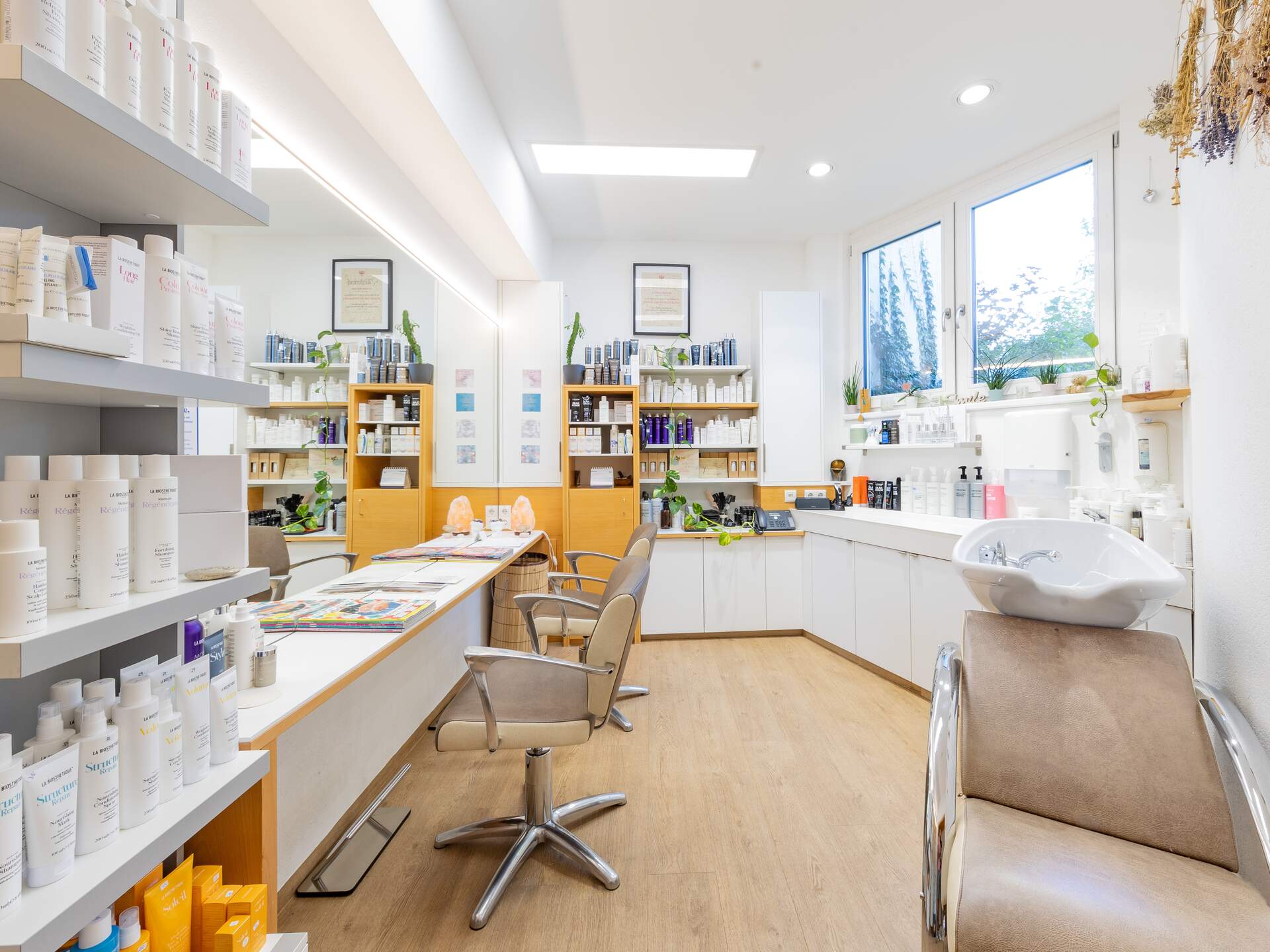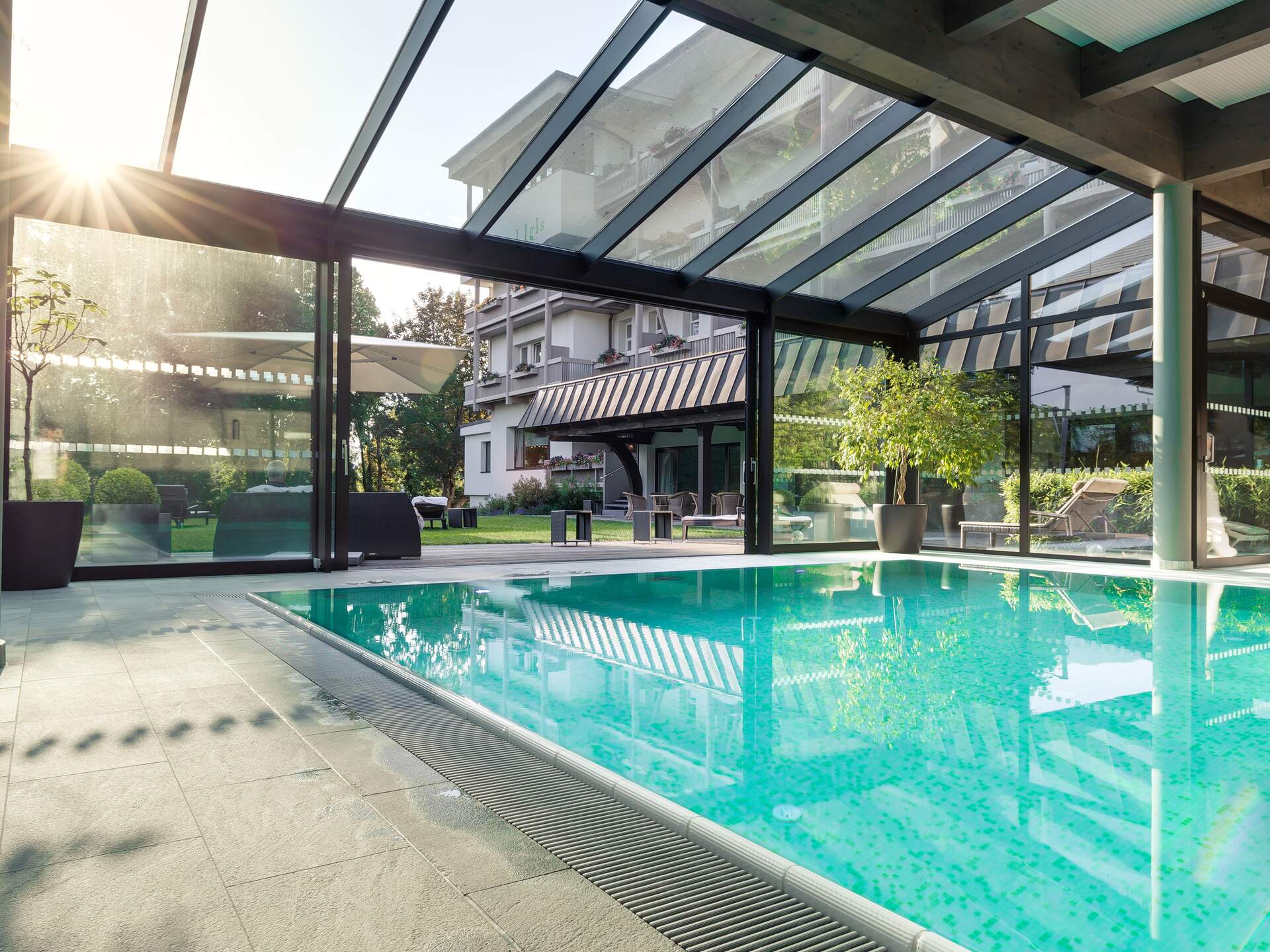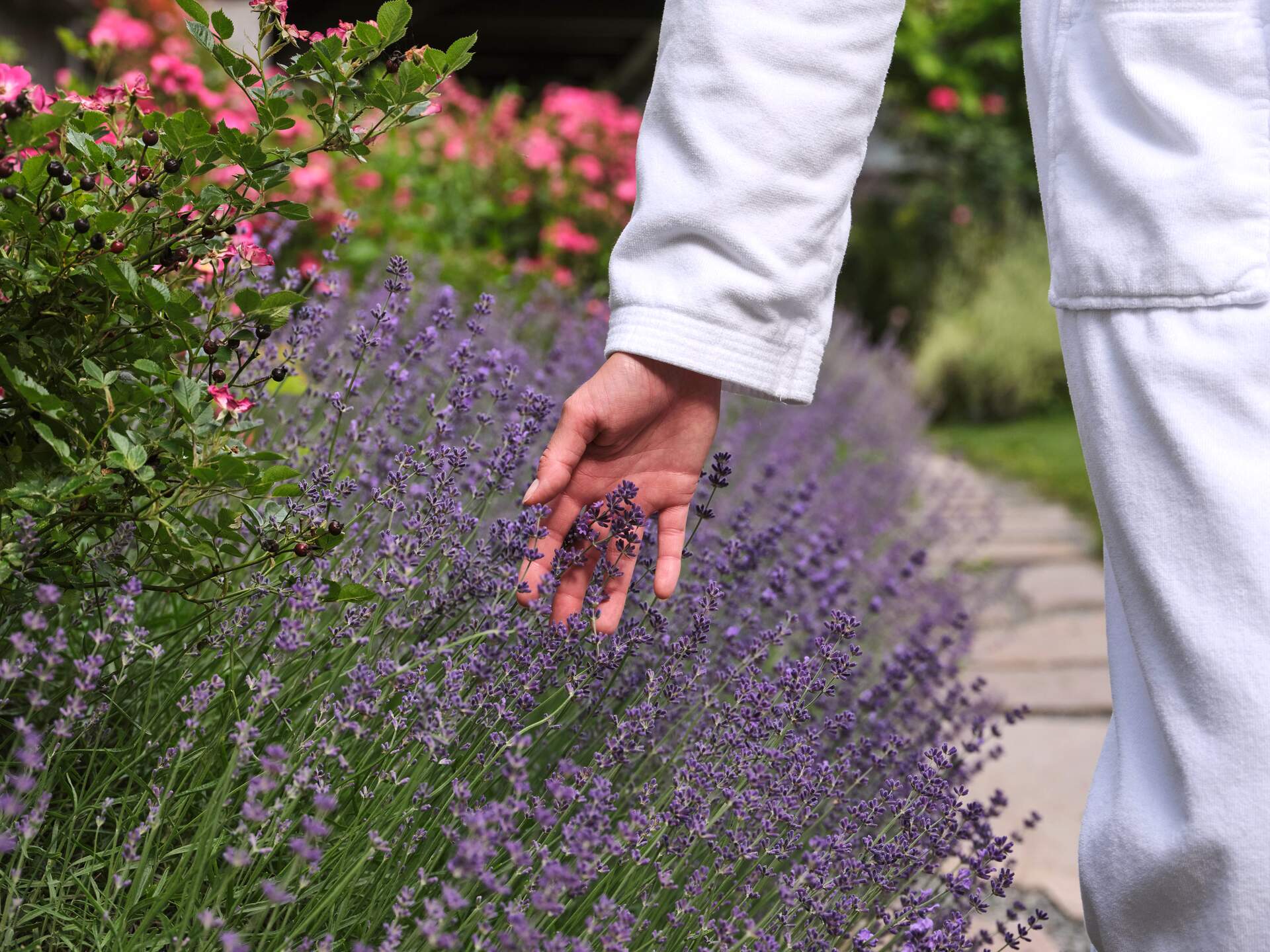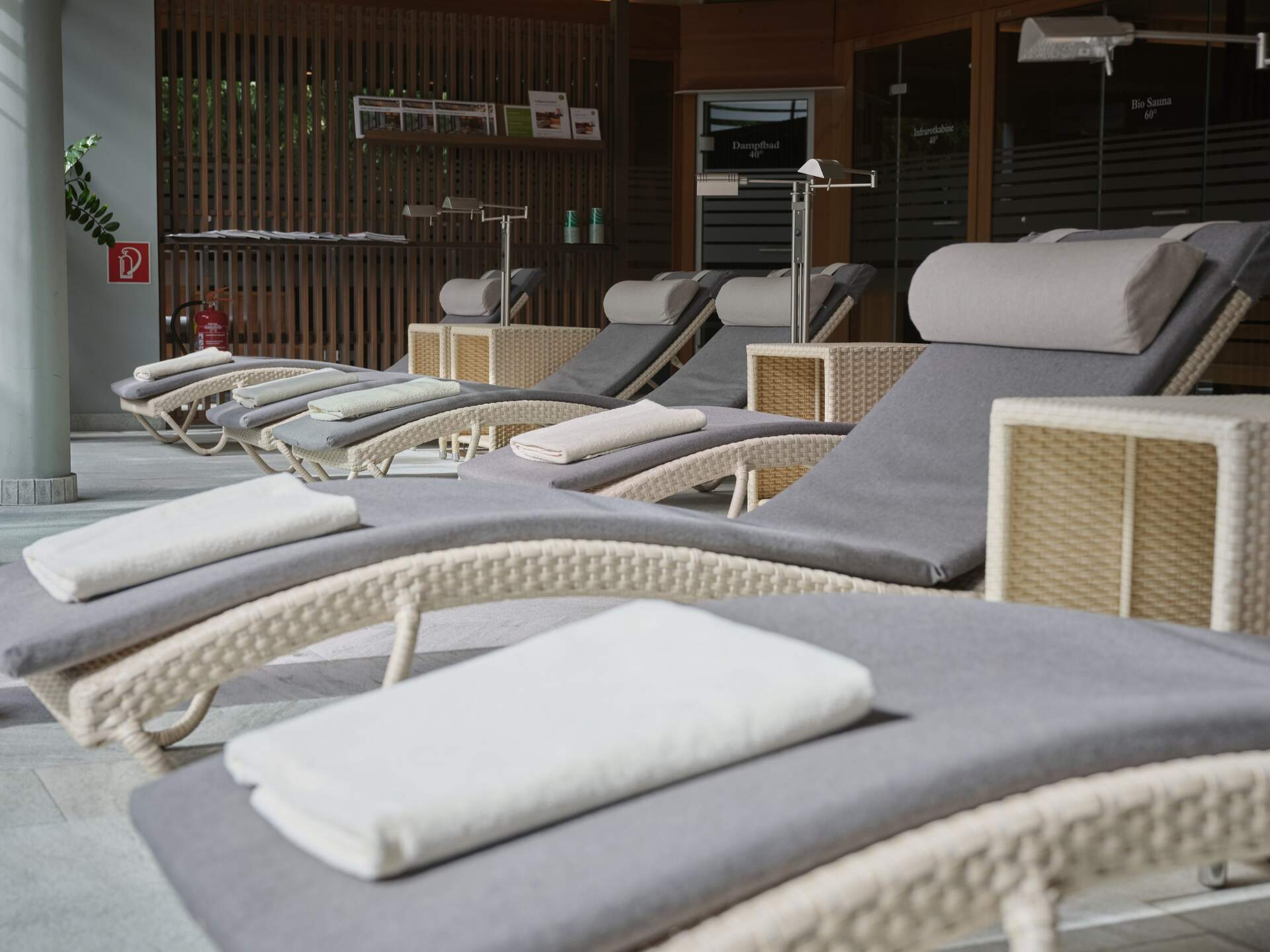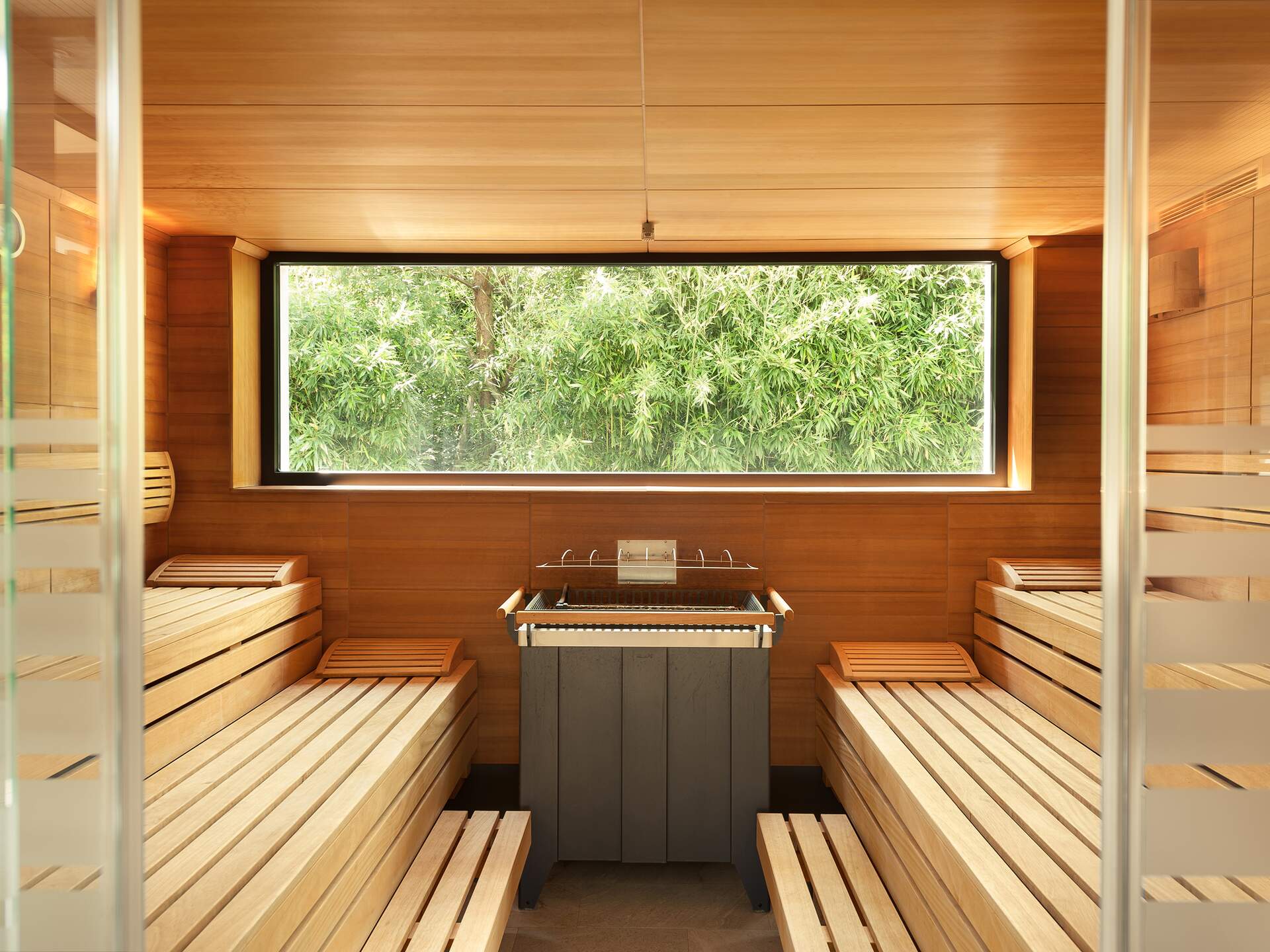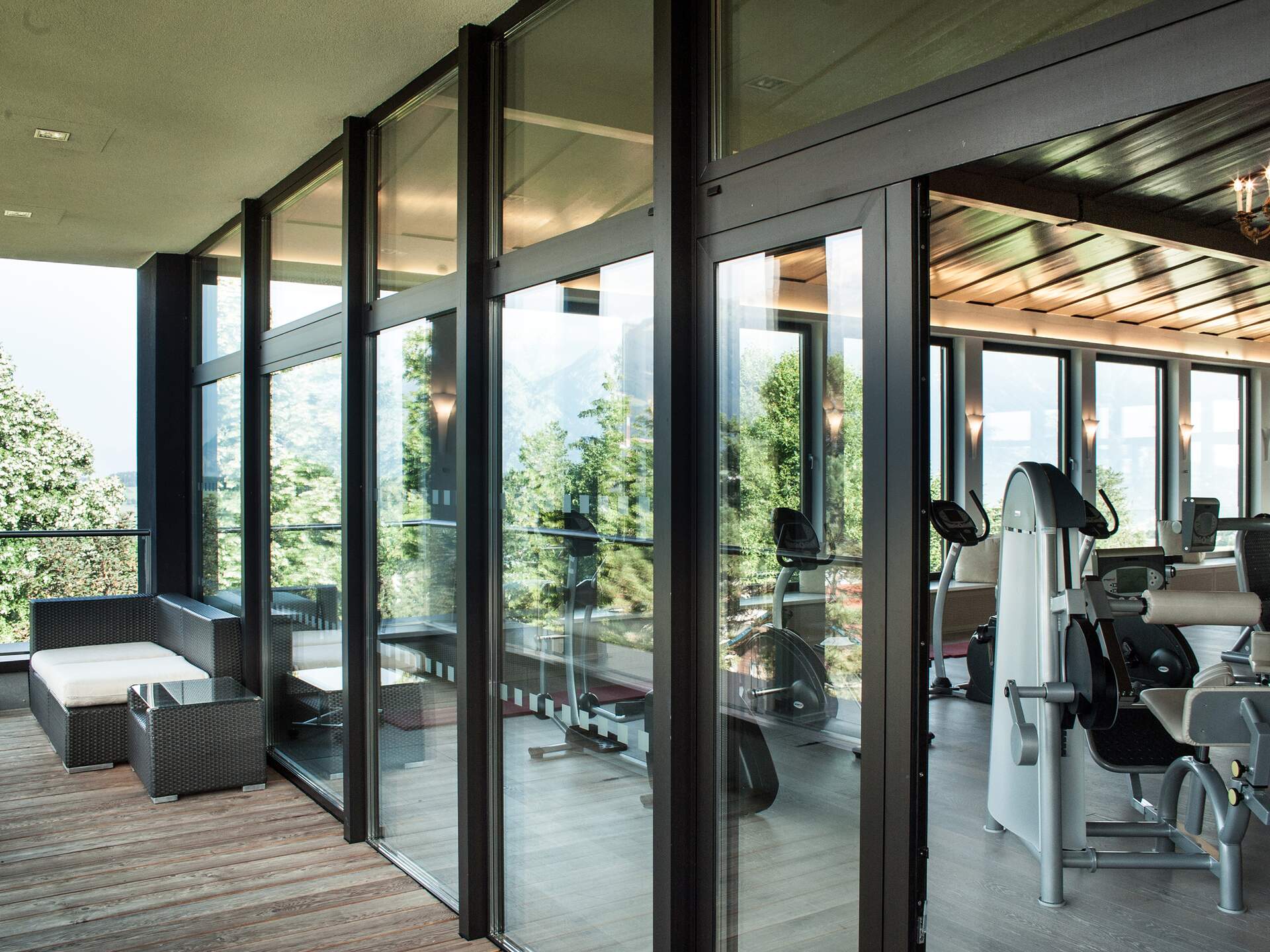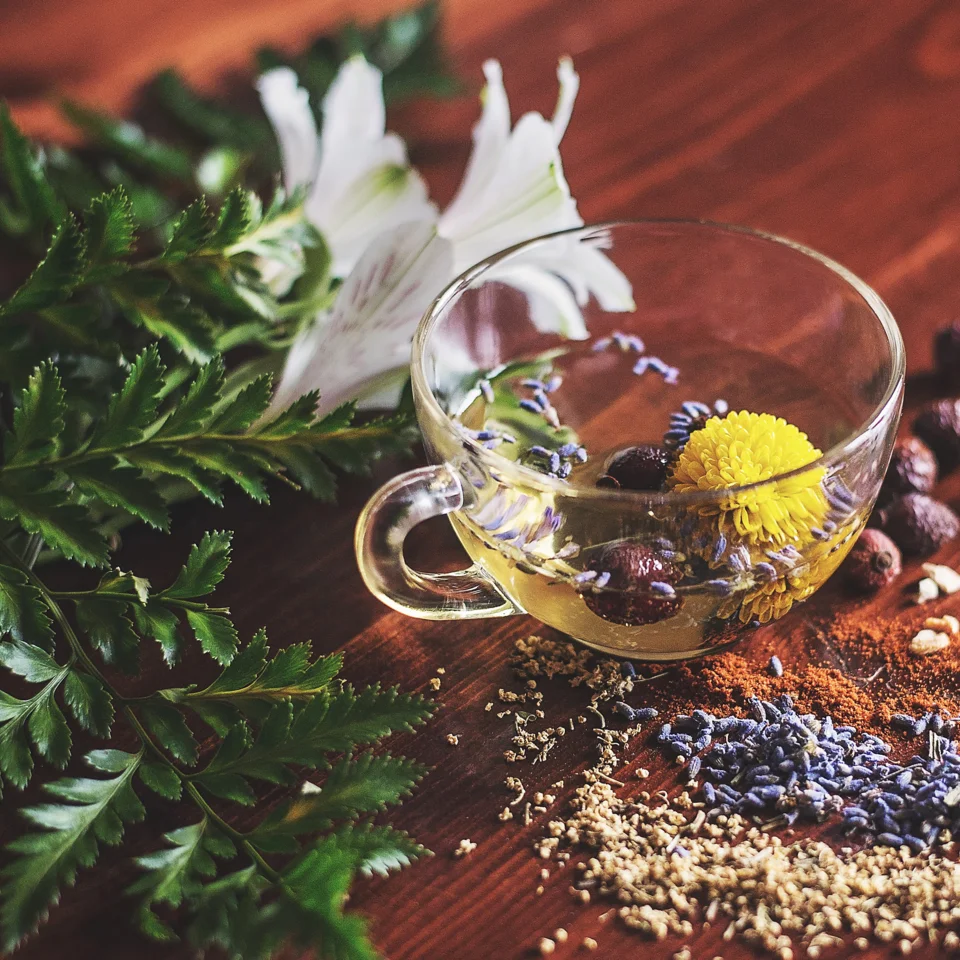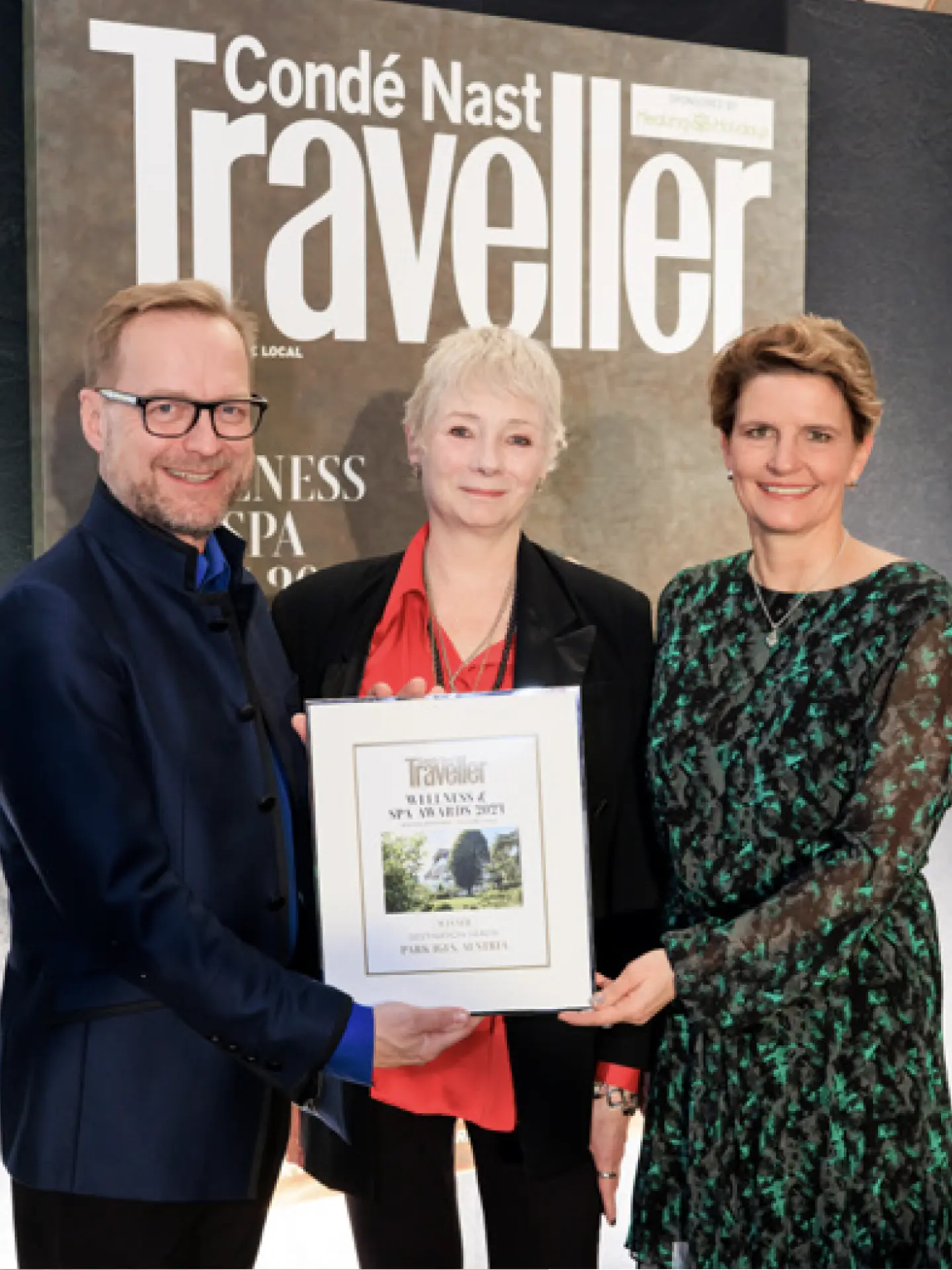"This is what first-class integrated healthcare looks like: comprehensive and compassionate, safe and beautifully executed."
Set the scene
Just 15 minutes from Innsbruck airport, Park Igls is as clear-cut as the stern Alps that surround it. A medical health resort underpinned by the principles of Modern Mayr medicine, Igls offers clinical clout combined with high-calibre holistic healthcare. No drama, no metaphysics, nothing that hasn’t been tried, tested, scientifically verified.
It inspires massive loyalty – 73% of guests are returnees (some have been coming for 25 years) and the vast majority are over 40. It’s a discreet crowd but a well-heeled one who accessorise their spa robes with Chanel ballet pumps or Hermès sliders. Although Igls advises guests to come solo (less chatting at meals equals better digestion, plus sharing a bathroom on detox is never advisable), around half come in couples.
“It’s our yearly MOT,” say a pair of lean, fit Frankfurt financiers. However, Igls is starting to attract a younger clientele, drawn by the extensive exercise facilities and the chance for a total health reboot. A sprinkling of Brits are joining the predominantly German-speaking guests who come for smart diagnostics, joined-up medical thinking, and the ‘gourmet fasting’ iteration of the Mayr regime.
What's the backstory?
Park Igls was first launched as a health resort in 1905. Come 1993, new co-owner Dr Martin Winkler started applying Dr Franz Xaver Mayr’s medical diagnostic and therapeutic methods. Park Igls’ career as a Mayr clinic began. It’s now owned by the Gnägi family with Dr Peter Gartner as Medical Director. “There are no plans to expand,” says Dr Gartner. “We don’t want to dilute the expertise.” A subtle dig at its Lanserhof and Vivamayr competitors, perhaps? Gartner heads a team of four GPs who orchestrate psychologists, sports scientists and medical massage therapists, with an impressive roster of consultants across most specialisms on call in the wings. Radiologist Dr Stefan Hiehs comes in twice a week to conduct ultrasounds and makes the process almost pleasurable.
Nice to know
Modern Mayr Medicine believes a poorly functioning gut is a contributing factor, if not the root cause, of a vast array of physical and emotional malaise (from hay fever and dermatitis to migraine, burnout and depression.) The goal is to allow the digestive tract to first rest and then repair. “I’d say around 95 per cent of chronic conditions have their origins in the gut,” says Dr Gartner.
Finding the underlying cause of the problem, rather than just treating the symptoms, calls for comprehensive diagnostics and the occasional pow-wow between experts. Detailed sleep diagnostics can be carried out in your room. Inevitably people lose weight, but it’s seen as a byproduct rather than an end goal.
Regular medical massage is the backbone of bodywork here, although the Structural Integration (or Rolfing, a type of deep-tissue manipulation to help balance the body) and Feldenkrais (movement to emphasise connections between the brain and body) are superb. Everything is prescribed by the medical team and bodywork can generally be adapted for people with cancer or during pregnancy.
Hanni and Josef have fanatical followings (both also use Rolfing for fascial release). Feldenkrais practitioner Helga reads bodies and firmly unwinds them. Multi-tasker Hanni is also mistress of the therapeutic climbing wall – ideal for sports training or anyone wanting to improve coordination and strength.
Park Igls has looked long and critically at Mayr medicine – everything here has to earn its place and be scientifically valid. Kinesiology for diagnostics (a complementary therapy using muscle monitoring) is firmly shown the door for being too unreliable, while, maybe surprisingly, the curd cheese wraps and beeswax compresses stay. The PTs are all sports scientists, sports therapists and/or physiotherapists – the range of exercise options is encyclopaedic.
There are eight levels of Mayr diet but the original hard fasting options (0-2) are rarely used here. However the old mantra of ‘chew, chew, chew’ (to produce saliva and kickstart predigestion) still rules and choices remain spartan in the lower stages of the cure (monotony is encouraged). However once you hit level four, the Igls promise of ‘gourmet fasting’ comes into its own – at least at lunchtime. Head chef Markus Sorg spins local organic produce into tiny taste explosions – thumb-sized columns of venison with jus; skate wing and sea urchin caviar with wasabi foam. Gentle cooking retains nutrients, and herbs and spices cunningly replace salt (it truly isn’t missed). The soups are exceptional – fortunate, as supper is always soup (with maybe a spelt crispbread).
The fitness offering is comprehensive and imaginative. The Panorama gym has 180-degree views of the mountains. Over 50 group classes rotate, including Bellicon® trampolining, Kybun® (exercising on soft surfaces that challenge balance), and aqua jogging (wearing floatation jackets). Guided walks encircle the day. Going solo, there are 70km of marked running routes and mountain bikes (including ebikes) available. Cross-country skiing is a winter option.
Waterwise, there is an indoor pool, four saunas, steam room and plunge pool. The bath floor, home to Kneipping, wraps and packs, positively bustles between 7.30 to 11.30am (and Park Igls isn’t the bustling kind of place). The beauty offering is streamlined and assured with tailor-made high-tech facials from anti-ageing brand Reviderm, alongside Jessica mani-pedis and a hair salon.
Igls embraces the old European spa tradition of cultural expansion with a programme of excursions to the theatre and opera, alongside trips to the Alpenzoo, Tyrol Panorama or the Bobsleigh Centre.
You never forget you’re in a clinic first and foremost at Park Igls, albeit a very comfortable one. This isn’t the place for glamorous Insta reels (Lanserhof Tegernsee and Viva Mayr Altaussee possess the design wow factor, if that’s important).
Rooms are generous, with substantial bathrooms and, in some cases, their own infrared saunas. The décor is as quiet as breakfast: shades of mushroom, cream and sage with the odd daring flash of orange. It’s almost a surprise to find a television. A tea station (rotating over 40 home-made herbal teas) leads into the lounge and adjoining library offering a decent selection of books in English and a billiard table. Outdoor loungers with cosy throws are popular.
As is common in central and northern Europe, sauna and steam rooms are naked. However, there is one ‘textile’ sauna for the shy. Breast ultrasounds are a gentle alternative to mammograms – however they do need repeating yearly. This is a caffeine-free zone – however complaints of withdrawal headaches may result in a purely medicinal espresso being prescribed.
